For many people, travel is a way to relax, explore, and experience new places, but it can also have a huge impact on local wildlife.
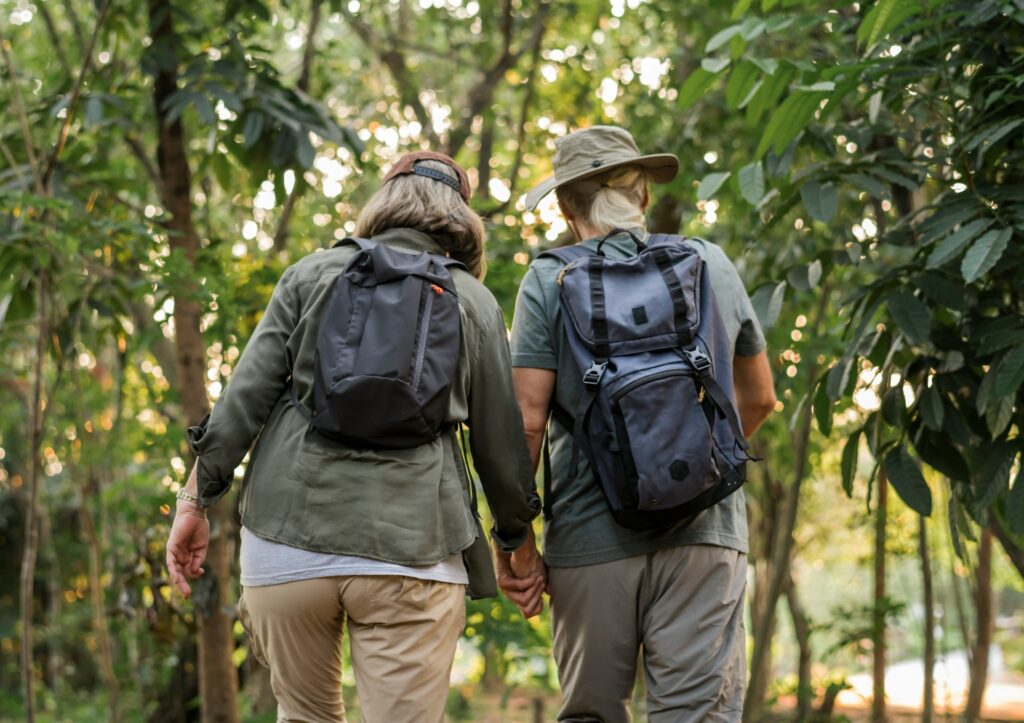
From the way we choose accommodation to how we interact with animals, the decisions we make as travellers matter. Tourism can be both a blessing and a burden. In some places, it brings funding and attention to conservation projects. In others, it adds pressure to already fragile habitats.
As awareness around conservation and sustainability grows, more people are looking for ways to ensure their adventures are respectful of the natural world. Making your travels more wildlife-friendly doesn’t mean sacrificing comfort or fun. It just means thinking a bit more carefully about your choices. When you do, your travel becomes not just about seeing the world, but helping to protect it.
Avoid exploitative animal tourism.
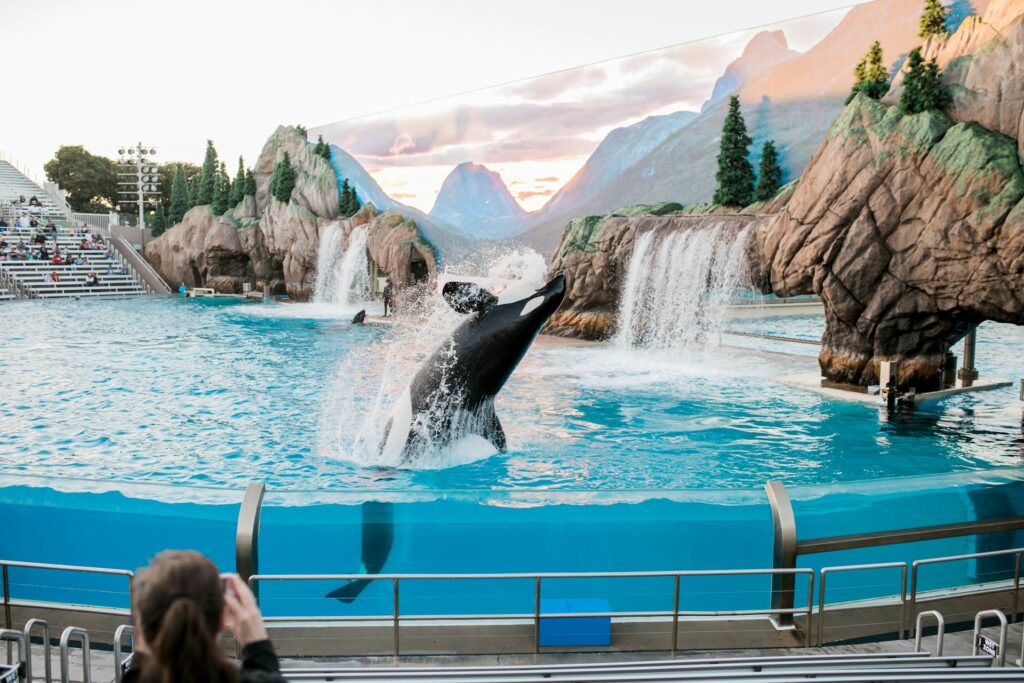
One of the most important things you can do is steer clear of attractions that exploit animals for entertainment. Elephant rides, dolphin shows, photo ops with sedated big cats—these may seem harmless or even educational, but they often involve cruelty behind the scenes. Animals are frequently mistreated, kept in poor conditions, or taken from the wild. A good rule of thumb: if you can ride it, hug it, or take a selfie with it, it’s probably not ethical.
Instead, support sanctuaries and rescue centres that prioritise rehabilitation and conservation over tourist entertainment. Look for facilities accredited by reputable organisations or that are open about their policies and practices. Ethical wildlife experiences may not offer up-close encounters, but they allow you to observe animals in a way that respects their wellbeing and natural behaviour. Often, these visits are guided by conservationists who can offer deep insights into the challenges animals face and the work being done to protect them.
Choose eco-conscious accommodation.

Where you stay can make a difference, not just in terms of carbon footprint, but also in how your money supports local ecosystems. Eco-lodges and sustainable hotels often have policies in place to minimise their environmental impact, from reducing energy and water use to supporting reforestation, habitat protection, and education projects.
Some accommodations go even further by sourcing food locally, using solar power, composting waste, or funding wildlife rescue initiatives. Certifications like Green Key or EarthCheck are good indicators of genuine sustainability. When choosing where to stay, check whether the property educates guests on local species, discourages feeding wild animals, and avoids landscaping with invasive plants. All of this contributes to a safer environment for nearby wildlife.
Be a responsible wildlife watcher.
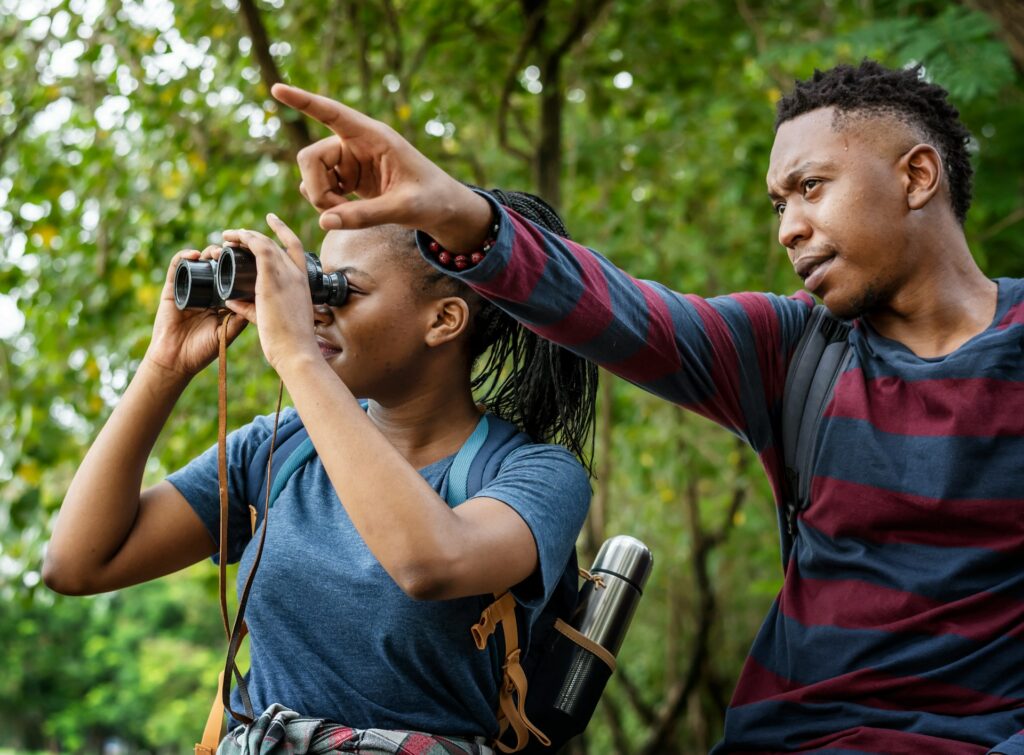
Whether you’re on safari in Kenya, kayaking with seals in Scotland, or birdwatching in the Amazon, the way you behave matters. Keep a respectful distance from animals, avoid flash photography, and never attempt to touch or feed them. Not only can this be dangerous for you, but it can also be harmful for the animals.
Stick to marked paths to prevent trampling on fragile vegetation or disrupting nests and dens. If you’re in a vehicle, follow the guide’s instructions and never chase or corner wildlife for a better view. The best wildlife encounters are the ones where animals are relaxed and free to behave as they would if no humans were present.
Support conservation with your money.

Every pound you spend while travelling is a chance to make a positive impact. Tour operators, guides, accommodations—all of these businesses can be forces for good if they’re aligned with conservation values. Look for tour companies that invest a portion of profits into habitat protection or partner with conservation charities. Some eco-tours even allow you to take part in data collection or habitat restoration.
You can also support conservation by shopping locally, eating at independent restaurants, and hiring local guides. Keeping your money within the community helps create jobs and reduce reliance on harmful practices like illegal poaching, mining, or deforestation.
Watch what you bring home.

Souvenirs are a wonderful way to remember your travels, but some products contribute to environmental degradation and wildlife exploitation. Avoid buying items made from animal products like ivory, coral, turtle shell, exotic feathers, or bones. Many of these products are tied to endangered species or destructive collection methods.
Even wood carvings can be problematic if made from illegally harvested or endangered trees. Choose souvenirs that are handmade, locally sourced, and clearly labelled as sustainable. Items that support local artisans without exploiting nature are not only more ethical, they usually come with a better story.
Travel lighter, tread softer.
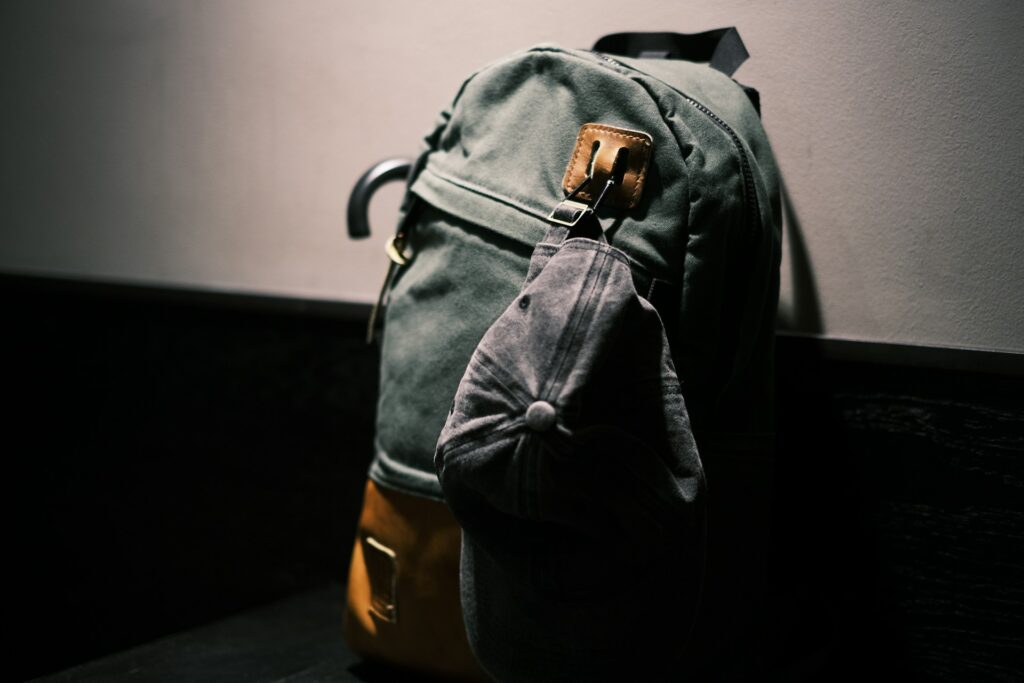
Wildlife-friendly travel also means reducing your overall environmental footprint. Air travel is a major contributor to carbon emissions, so consider taking fewer flights, staying longer in each destination, or using trains and buses when possible. When flying is necessary, choose direct flights and consider offsetting your emissions through verified programmes that support reforestation or renewable energy.
On the ground, small steps matter. Bring reusable water bottles, cutlery, and toiletry containers. Avoid single-use plastics. Choose walking or cycling tours when you can. The fewer resources you consume, the less strain your visit places on the local environment.
Avoid feeding wildlife.
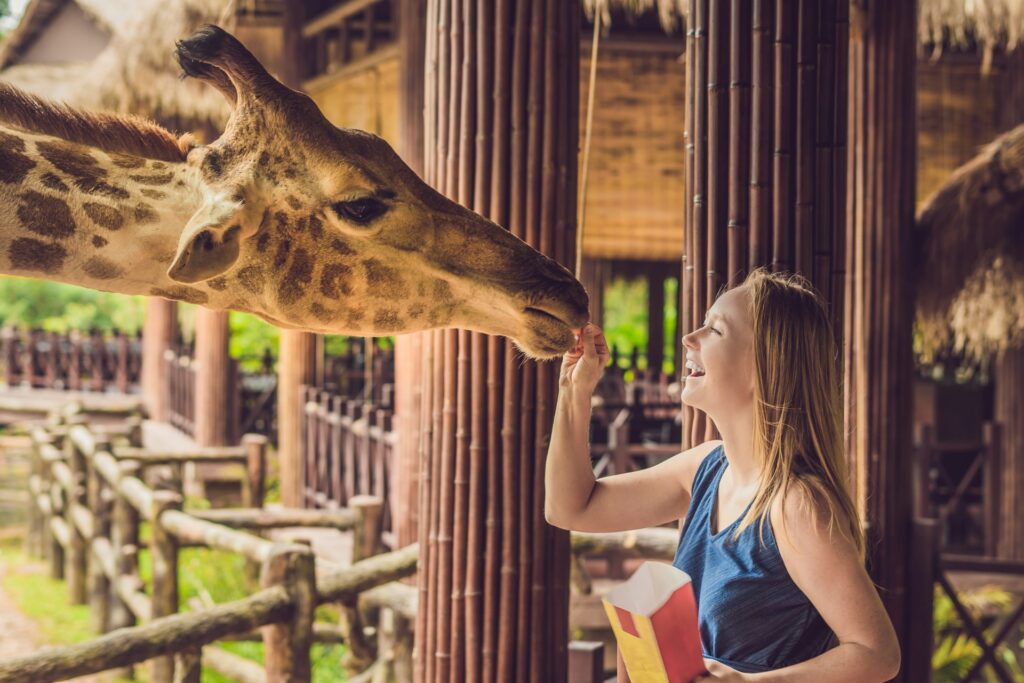
Feeding wild animals might seem like a kind gesture, but it can disrupt their natural behaviour and even endanger their lives. Human food can be unhealthy or fatal for wildlife, and feeding can lead to dependency, aggression, or habitat damage. In some areas, authorities are forced to euthanise animals that have become too used to human interaction.
If you’re camping or hiking, secure your food properly and clean up thoroughly. Even small scraps left behind can attract animals and change their feeding habits. Wild animals thrive best when they remain wild, and that means letting them find food on their own.
Volunteer with ethical wildlife projects.
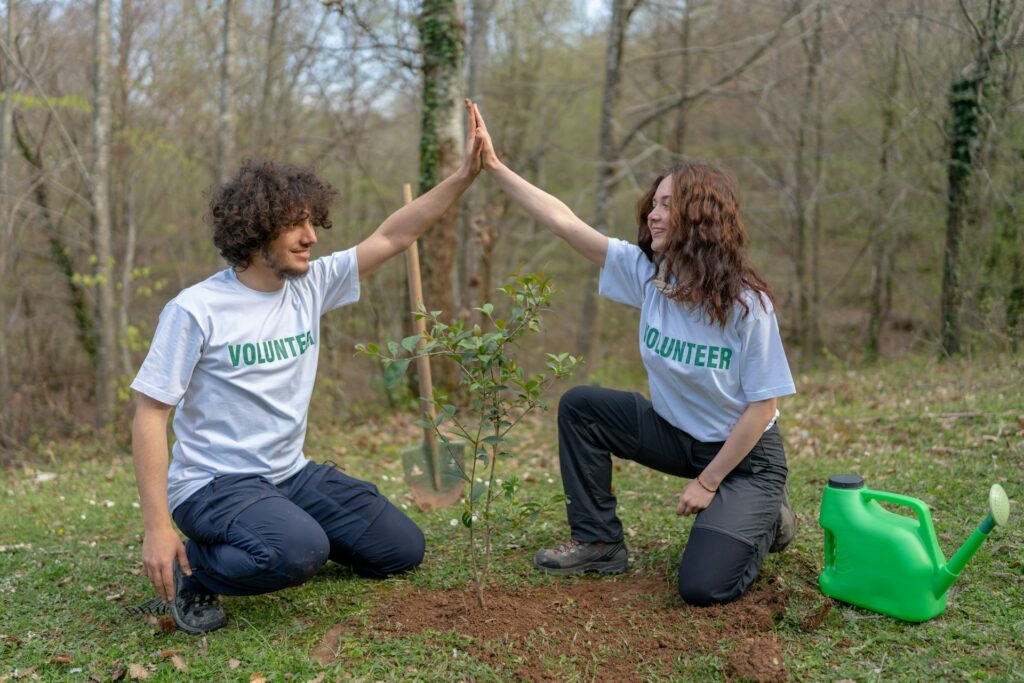
If you want your travels to have a more hands-on impact, volunteering with a reputable conservation group can be incredibly rewarding. From tracking turtles in Greece to replanting mangroves in Southeast Asia, there are projects for all interests and ability levels.
But not all programmes are created equal. Some so-called “voluntourism” schemes actually do more harm than good, especially those that allow untrained volunteers to interact closely with vulnerable animals. Before committing, do your research. Look for projects that are endorsed by conservation scientists, focus on habitat restoration or data collection, and provide proper training for volunteers.
Learn before you go.

Knowledge is one of your best tools for responsible travel. Before arriving in a new place, take the time to read about local wildlife, environmental issues, and cultural views on conservation. Understanding the context allows you to make better choices and have more meaningful interactions.
It also helps avoid missteps, like joining an unethical tour because you didn’t realise the animals were drugged, or buying a souvenir that’s illegal to bring home. A little preparation can go a long way in ensuring your trip is both enjoyable and respectful of the environment.
Speak up and spread the word.
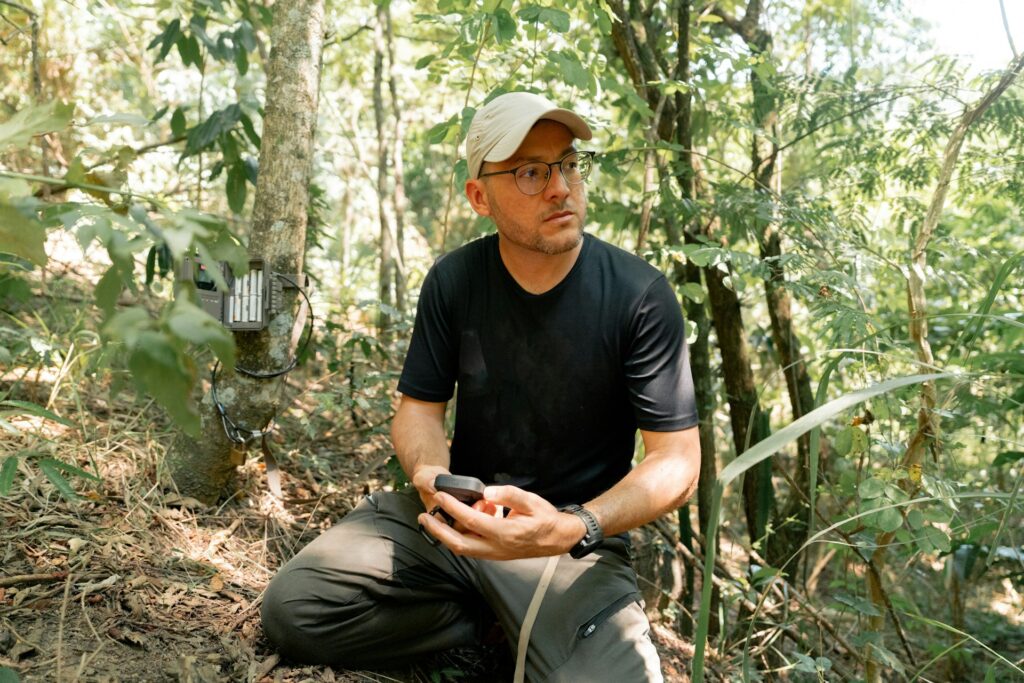
If you see something that doesn’t sit right—an overcrowded safari, a street performer with a chained monkey, or a market stall selling coral—don’t be afraid to question it. Share your concerns with the tour operator, lodge owner, or relevant local authorities. Leave reviews on platforms like TripAdvisor to warn other travellers.
Just as importantly, spread the word when you find ethical and inspiring experiences. Recommend sustainable tours, highlight good practices, and share tips on travelling responsibly. Word of mouth can steer other travellers in the right direction, and help build momentum for more responsible tourism.
Respect marine life and reefs.
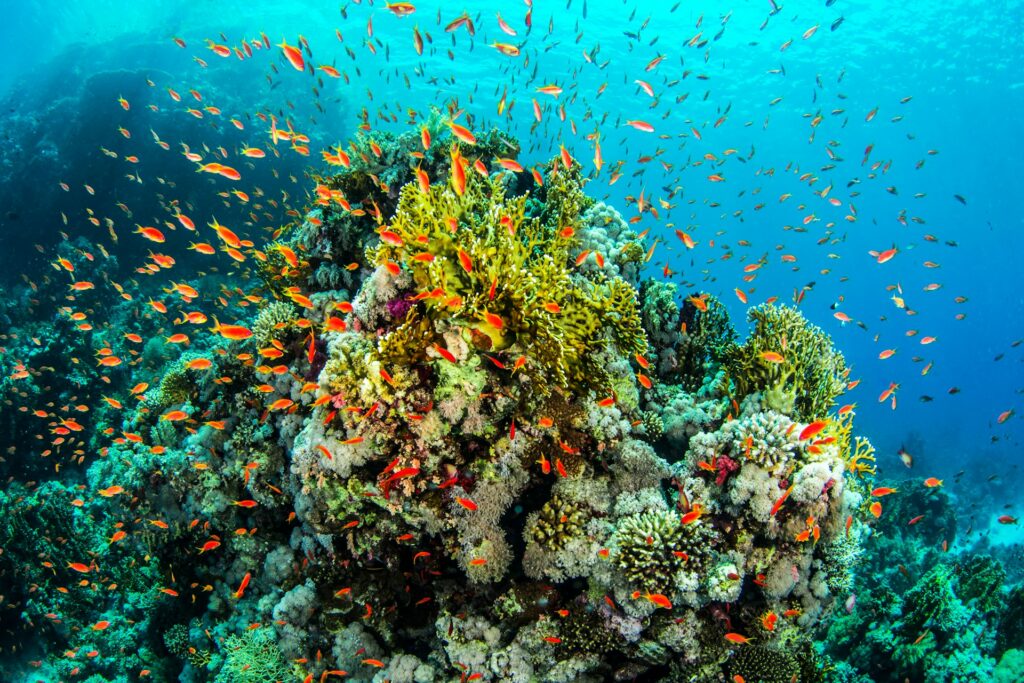
If you’re swimming, snorkelling, or diving, be extra mindful of your impact on underwater ecosystems. Coral reefs are incredibly fragile, and even a single touch can damage them. Don’t stand on coral or chase fish, and always wear reef-safe sunscreen to avoid introducing harmful chemicals into the water.
Use fins gently to avoid stirring up sediment, which can smother marine life. Choose tour operators that follow best practices for marine wildlife encounters and prioritise safety for both the animals and the ecosystem. Even better, look for dive centres certified by organisations like Green Fins or the Reef-World Foundation.
You don’t have to be perfect—just be thoughtful.
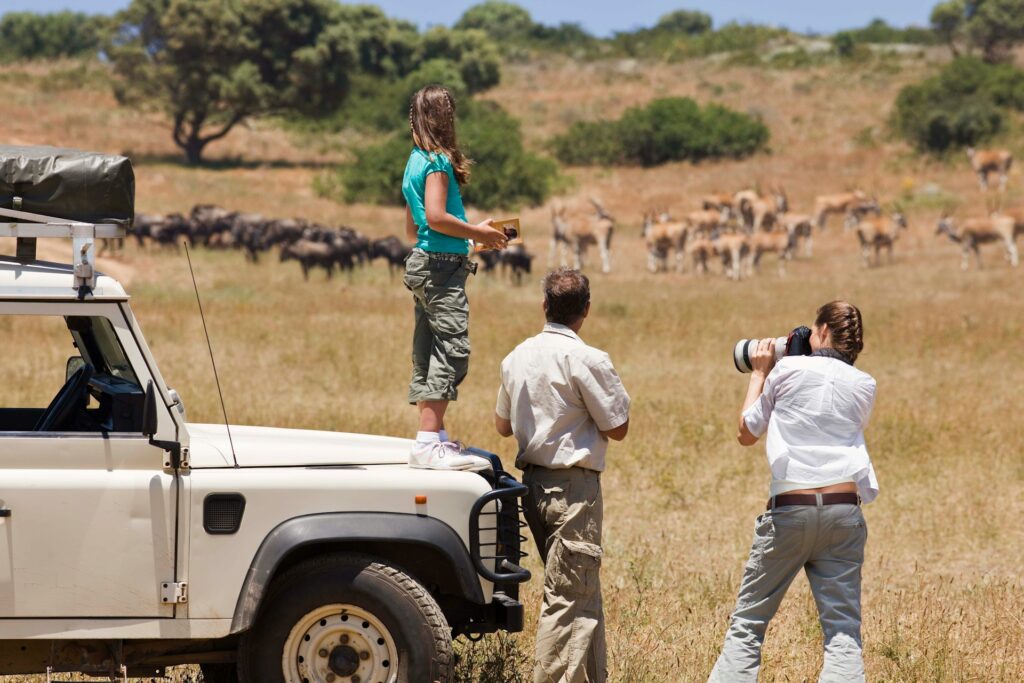
It’s important to recognise that we’re visitors in ecosystems that existed long before us and should thrive long after we’ve gone. Whether it’s skipping that elephant ride, choosing an eco-lodge that gives back to conservation, or learning more about the animals in the area you’re exploring, each small decision adds up.
Travelling with wildlife in mind turns your trip into something bigger than yourself. It becomes a way of seeing the world while helping preserve what makes it so worth seeing.